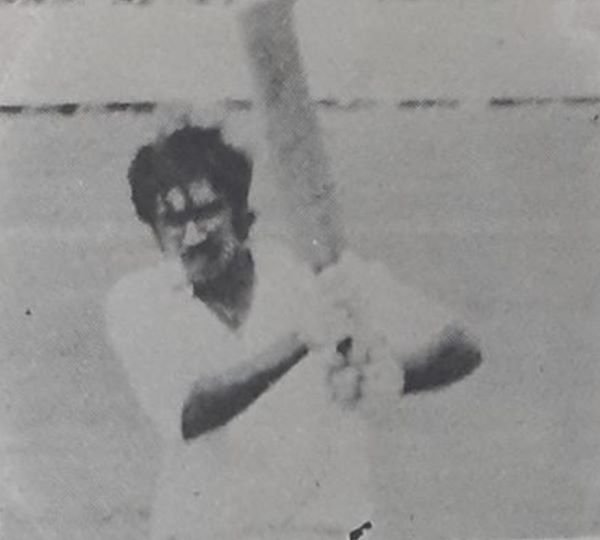The India v West Indies 4th Test at Madras in 1974–75 was drawn with the series score standing at 2-1 in the visitors’ favor. However, interest might well have been completely killed had the West Indians won the fourth Test at Madras. In the event, India’s win not only drew the series score at 2-all but also opened up exciting possibilities that were partly fulfilled in Bombay in the final encounter. The Madras Test highlighted two things in outstanding fashion: the West Indians’ inability to cope with a top-class spin on a fairly helpful wicket and Viswanath’s superbly controlled innings.
The West Indians seemed too inhibited in their stroke play against the spinners. They did not use their feet at all. They are hard hitters but failed to adapt their game to a slow, turning track. On a good, hard wicket, they could have gotten away with it, but in Madras, Prasanna in particular—with Bedi, Chandra, and occasionally Solkar in the leg trap playing their supporting roles well—fully exploited this lacuna.

The visitors missed a grand opportunity to ram home the advantage they had gained in the first two Tests when they secured a marginal lead of only two runs. With four pacemen in the side, Clive Lloyd must certainly have regretted the absence of an additional spinner to support Lance Gibbs. Andy Roberts was the destroyer-in-chief in this match, restricting India to 190. The West Indians had decided to pitch a few shorts to the Indian batsmen, who seemed disconcerted by this delivery, with Solkar in both innings and Mankad in the first being the most obvious victims.
It was Gundappa Viswanath, however, who carried the fight right into the opposing camp with a masterly display of batting that must surely rank as one of the finest knocks ever seen on an Indian cricket field. He put the bowling to the sword—Roberts, Holder, L.A. Gibbs, and all—with innings that had everything: guts, pedigree strokes, and an impeccably sound defense. In his 52-run ninth-wicket partnership with Gundappa Viswanath, Bishan Singh Bedi too revealed unsuspecting batting talent.
If Viswanath stole the show in the first inning, Anshuman Gaekwad and Karsan Ghavri did so in the next. Anshuman Gaekwad, in particular, played the pacemen with an assurance and confidence that was refreshing to watch, while Karsan Ghavri displayed terrific fighting spirit, which his limited range of strokes seemed least to indicate.
Well, as Andy Roberts bowled, however, one couldn’t help but admire Holder’s lion-hearted but luckless spells. In the second inning, V.A. Holder reduced an in-form Viswanath to mere prodding pace.
The Indian spinners shared the honors. They bowled to their field all through and allowed the batsmen no liberties. They were well backed up, for once, by smart fielding, and Mansur Ali Khan Pataudi too handled them astutely. Only Viv Richards and Alvin Kallicharran played them with any degree of confidence; the latter, in the second inning, looked in complete command and might well have seen his side home had not an extremely accurate throw from Ashok Mankad at point ended what threatened to be a match-winning inning.
So, amidst cries of condemnation against the umpiring Farokh Engineer, who was the unluckiest of those who had close decisions going against them, India leveled off matters, regained their confidence, and further dented the already low morale of the visitors.
